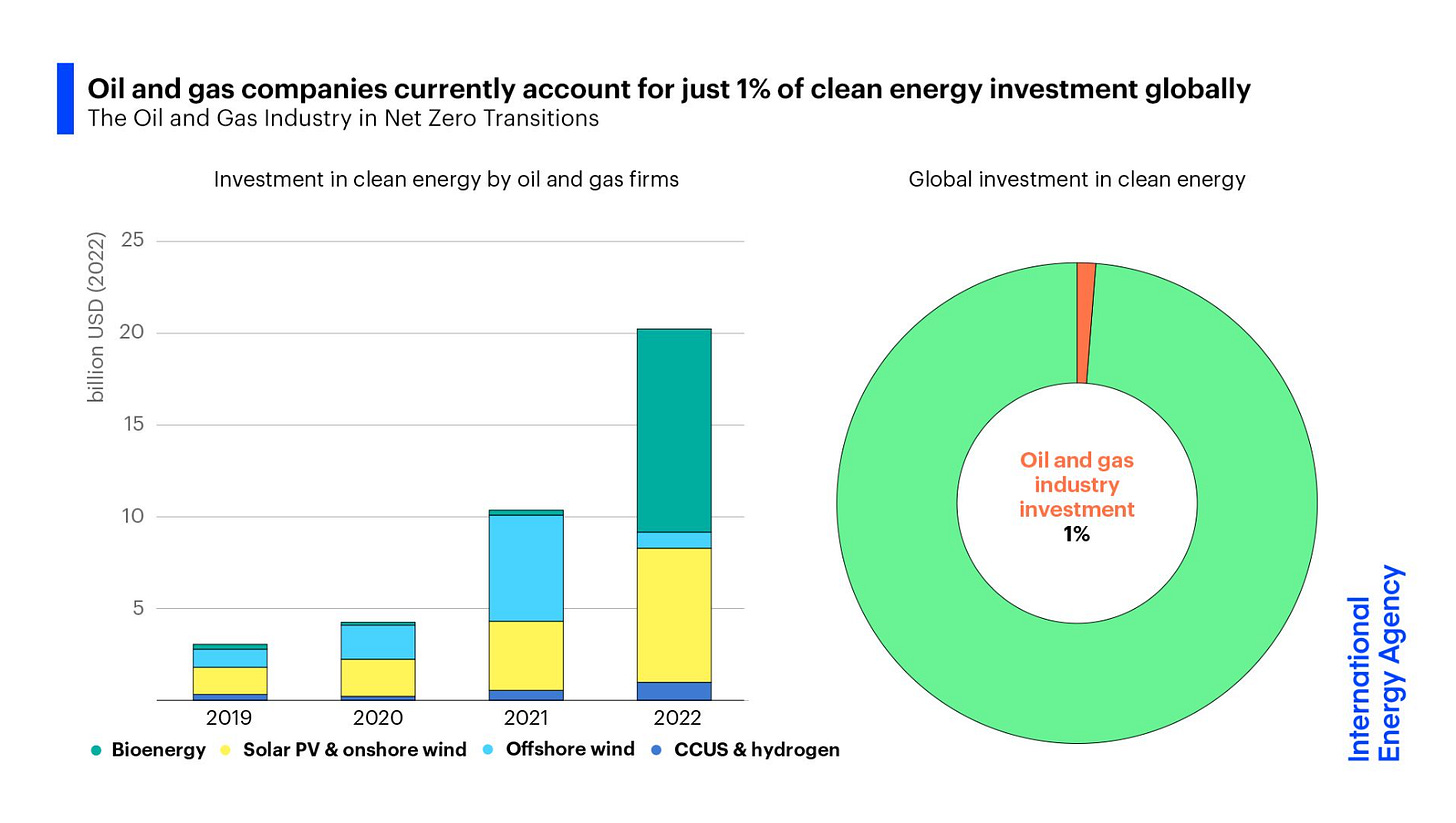Green Lights Dec. 1: Top stories this week
Don't miss a single story of the best from Callaway Climate Insights
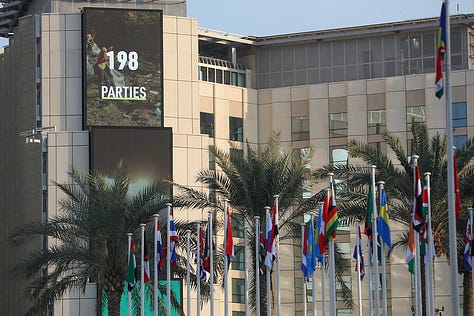

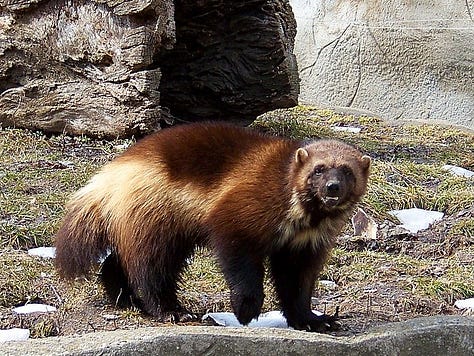
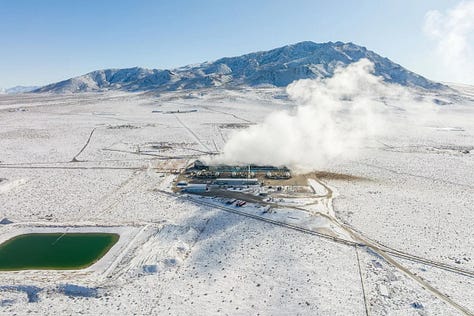
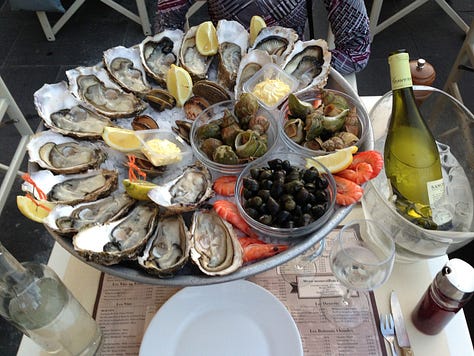

. . . . Welcome back to Green Lights, our weekly roundup of the best of Callaway Climate Insights. This week, the focus is on the start of COP28 in Dubai and clean energy investment here in the U.S. and abroad. Don’t miss our insights on geothermal energy, and the threats to wolverines and… oysters. Here are the highlights in a simple and convenient format that makes it easy for our readers. It’s also easy to subscribe.
. . . . The UN climate summit, COP28, is underway in Dubai. David Callaway says it’s gearing up for what could be the biggest oil fest of the year at the expense of significant climate measures. He notes Joe Biden and Xi Jinping won’t be attending, but Biden at least has important things to do at home, like boosting clean energy investment and fighting inflation.
. . . . But once COP28 delegates get to work in the coming week, there may be a few surprises, Callaway writes. They could include financing ideas for handling loss and damages for poor countries, a coordinated carbon capture and storage strategy, and even a nuclear breakthrough. Meanwhile, oil & gas production is far lower in net zero transitions, but some investment in supply is still needed, says the IEA. (See above) Yet the $800 billion currently invested in the sector each year is double what’s required in 2030 to limit global warming to 1.5°C.
. . . . Investors who rode the wave of clean energy stocks and ETFs in 2020 and — until this past month — have since been pummeled, should look no further than to the trend toward momentum investing, writes Mark Hulbert. Using the boom-and- bust tale of the iShares Global Clean Energy ETF, Hulbert shows how its spectacular gain and then fall was the result of a pack of momentum investors during Covid, and not a surge in investors wanting to fight climate change. His idea? Green bonds.
. . . . Renewables enthusiasts have been saying it for decades — that one of the biggest possibilities to save the world is geothermal energy. Matthew Diebel says that avenue to excising pollution just got a big boost with the launch of America’s first “enhanced” geothermal plant, something backed by Google as it tries to reduce pollution caused by its huge data centers.
. . . . Things are tough for wolverines in North America. They were almost wiped out in the early 1900s, and only a few hundred remain high in the Rockies. But wolverines in the wild in the U.S. could finally get threatened species protections under a new Biden administration proposal. Wolverines join polar bears in the Arctic Circle and gators in Florida on the list of animals at risk from climbing temps, changing snowfall patterns and rising seas.
. . . . Olive oil, hops, truffles. All these treats are being affected by climate change. And now you can add another one: oysters. Yes, France’s massive oyster industry is being affected as the pools used to bring the bivalves to perfection are getting too warm.
More greenery . . . .
Oh, tannebaum: Climate change threatens Hungary's Christmas trees (Reuters)
‘We’re all going to die.’: William Shatner blames ‘stupid human beings’ for the threat of extinction (Fox News)
An ocean of ideas: Why the ocean is our best chance to survive climate change (Time)
No midnight snack for you: Climate change is hurting fruit crops and our sleep quality (WGBH Boston)
From ‘Star Wars’ to kids’ animation: Time-traveling chicken to help kids with eco-anxiety (Fast Company)
Small but powerful: Microbiologists at COP28 push for a seat at the climate-policy table (Nature.com)


